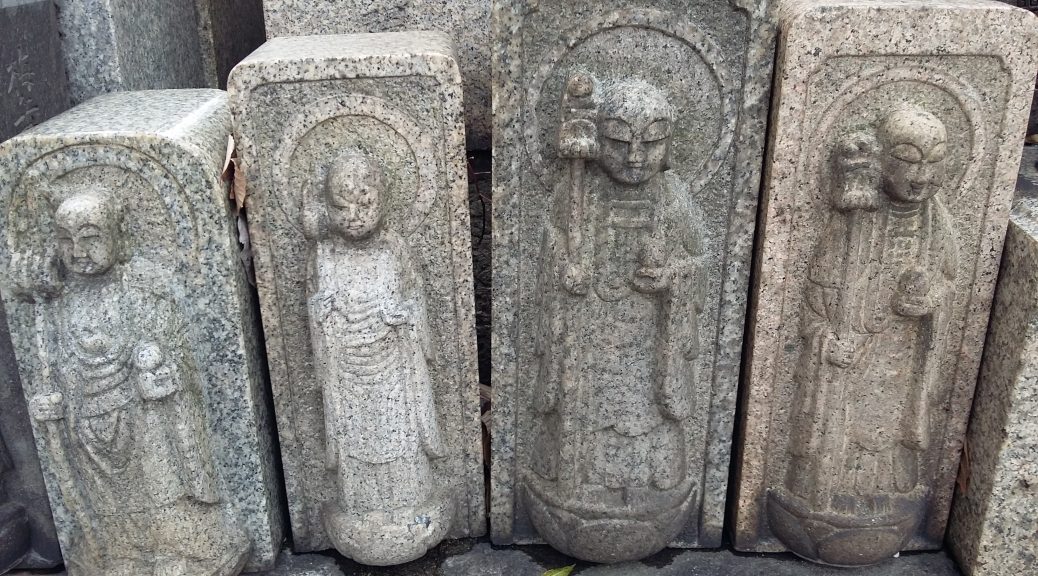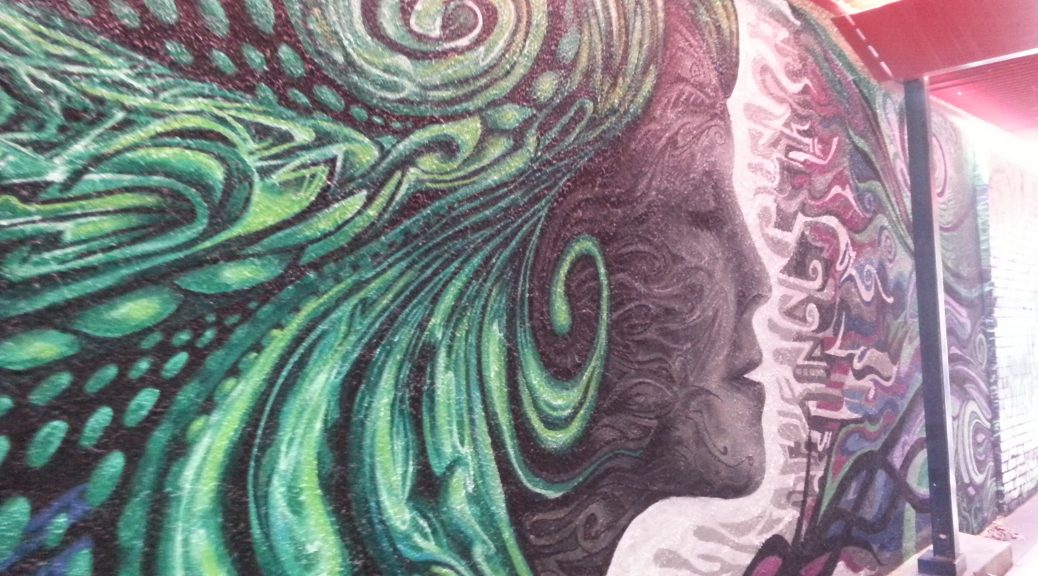Misadventures in Marketing – Part 1
Since I was first published in June 2017 I have run the gamut of the book marketing industry. Like most newbie authors, I was extremely excited that my book was out in the world, where people could read it. Over time I began to realise it was extremely hard to get ANY attention as a new author. I tried a wide range of strategies to get my book noticed, as shown by the image below.

Running into the marketing maze was a bewildering experience. There were copious online services offering THE right strategy, or exposure, or multiple new followers. I signed up to whatever I could afford. I soon discovered that although a lot of marketing services make huge promises, it is a lot of work and money, for few results. And when I thought about it, I HATE being marketed to. A quick survey of others revealed I’m not the only one.

I started to read a lot of articles about algorithms and Amazon and marketing spin. These gave a consistent picture – the system is stacked so Amazon wins. Whenever I had the opportunity, I also spoke to authors, librarians and bookstores. I started to get a different understanding than the rosy one marketing people give you. Behind the scenes a number of authors admitted their sales did not match the rosy picture presented publicly. Nothing added up. And I saw new authors running in the same hamster wheel, chasing the same dream of getting attention by paying for retweets and other social media-based marketing.
Conducting a survey
I decided I wanted to get more information. Maybe I could help others so they wouldn’t run down the same dead ends I had. So I put up a simple survey, and asked writers in various Facebook groups to contribute. I’m sharing the results in this post and in one (or two?) future posts.
But first the disclaimer. Fifty two authors responded to the survey, but seventeen of those completed the demographic information and didn’t go any further. This means only 35 completed it which is not enough to be statistically valid. Also, because I’m a poor writer with virtually no income, I couldn’t afford to upgrade to the ‘pro’ version of Survey Monkey, so it’s a pretty blunt tool. I couldn’t ask all the questions I wanted, and I couldn’t refine the data collection as I would have liked.
Also, I’m a creative, not a marketing person. The two are very different skill sets. I hate marketing. So some bias may creep in as I present the results. So, bearing all that in mind, take away from the results what you want.
Who completed the survey? Career stage
Established author (numerous books) – 17.3% – 9 respondents
Mid-list author (3-4 books) – 17.3% – 9 respondents
Emerging author (1-2 books) – 40.4% – 21 respondents
Aspiring author (not published yet) – 25% – 13 respondents
What is their publishing status?
International corporate publisher (eg Hachette, Penguin etc.) – 13.5% – 7 respondents
Established independent publisher (eg Text, Scribe etc.) – 7.7% – 4 respondents
Small press publisher (eg Odyssey, Clan Destine etc.) – 32.7% – 17 respondents
Publisher requiring author contribution to costs – 5.8% – 3 respondents
Self-published – 17.3% – 9 respondents
Not published yet – 23% – 12 respondents
Who is in charge of marketing your books? – by author type
 Responses to this question were via a sliding scale, where the author could choose 0 (all the author’s responsibility) all the way to 100 (all the publisher’s responsibility). In graphing this, I have divided the responses up by quartiles, so the blue block represents an answer of 0-25, the red 26-50 (where the author is mostly responsible but the publisher contributes more) and so on. I’ve left off self-published authors for this graph. The more established the author, the more the publisher takes on some of the marketing. The average was 27 – that is, most of the time, the author carries most of the responsibility. This isn’t hugely surprising in a neoliberal economy where everything is outsourced to shift costs away from the producer (publisher).
Responses to this question were via a sliding scale, where the author could choose 0 (all the author’s responsibility) all the way to 100 (all the publisher’s responsibility). In graphing this, I have divided the responses up by quartiles, so the blue block represents an answer of 0-25, the red 26-50 (where the author is mostly responsible but the publisher contributes more) and so on. I’ve left off self-published authors for this graph. The more established the author, the more the publisher takes on some of the marketing. The average was 27 – that is, most of the time, the author carries most of the responsibility. This isn’t hugely surprising in a neoliberal economy where everything is outsourced to shift costs away from the producer (publisher).
Who is in charge of marketing your books? – by publisher type
 Using the same data (ie the sliding scale from 0-100) I looked at the impact of publisher type. A similar pattern emerges – the larger/more established the publisher, the more they take on a percentage of the marketing. Anecdotally I’ve been told that there are still hierarchies within the big presses – if you are a ‘name’ author the publisher will do more marketing whereas if you’re newly signed with them you have to do a lot of it yourself. This isn’t surprising (follow the money…) but it is frustrating across the board, as the more established you are, the less you need the exposure, while the newer you are, the more exposure you need. It’s a Catch 22.
Using the same data (ie the sliding scale from 0-100) I looked at the impact of publisher type. A similar pattern emerges – the larger/more established the publisher, the more they take on a percentage of the marketing. Anecdotally I’ve been told that there are still hierarchies within the big presses – if you are a ‘name’ author the publisher will do more marketing whereas if you’re newly signed with them you have to do a lot of it yourself. This isn’t surprising (follow the money…) but it is frustrating across the board, as the more established you are, the less you need the exposure, while the newer you are, the more exposure you need. It’s a Catch 22.
More next week…
I’ll come back to this topic next week, when I’ll look at how much time authors spend writing versus marketing, and what their attitudes to marketing are. It’s time for me to get some writing done.


 ‘Sensitivity and seriousness are often seen as undesirable. Introverts feel reproached for being the way they are.’
‘Sensitivity and seriousness are often seen as undesirable. Introverts feel reproached for being the way they are.’
